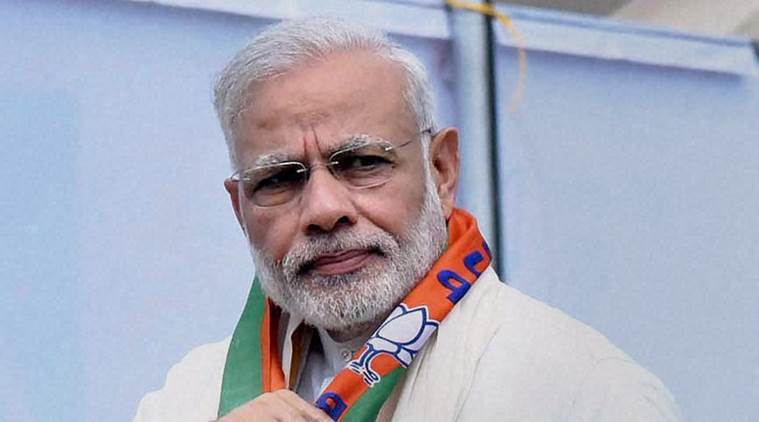“Blood and water cannot flow together,” Prime Minister Narendra Modi said on Monday as he chaired a review meeting of 56-year-old Indus Water Treaty during which it was decided that India will “exploit to the maximum” the water of Pakistan-controlled rivers, including Jhelum, as per the water sharing pact.
Held amidst heightened tension between the India and Pakistan, the meeting also decided to set up a inter- ministerial task forces to go into the details and working of the Treaty with a “sense of urgency”, senior government sources said.
Attended by National Security Advisor Ajit Doval, Foreign Secretary S Jaishankar, the Water Resources Secretary, and senior PMO officials, the meeting also noted that the meeting of Indus Water Commission can “only take place in atmosphere free of terror”. The Commission has held 112 meetings so far.
“Prime Minister’s Modi’s message at the meeting was that ‘rakt aur paani ek saath nahin beh sakta’ (blood and water cannot flow together),” sources said.
Apart from deciding to exploit to the maximum the capacity of three of the rivers that are under Pakistan’s control – Indus, Chenab and Jhelum– in the areas of hydro power, irrigation and storage, the meeting also agreed to review the “unilateral suspension” of Tulbul navigation project in 1987.
The sources asserted that the decision to maximise the water resources for irrigation will address the “pre-existing” sentiment of people of Jammu and Kashmir, who have complained in the past about the treaty not being fair to them.
The meeting came as India weighed its options to hit back at Pakistan in the aftermath of the Uri attack that left 18 soldiers dead, triggering demands that the government scrap the water distribution pact to mount pressure on that country.
Under the treaty, which was signed by Prime Minister Jawaharlal Nehru and Pakistan President Ayub Khan in September 1960, water of six rivers – Beas, Ravi, Sutlej, Indus, Chenab and Jhelum – were to be shared between the two countries.
Pakistan has been complaining about not receiving enough water and gone for international arbitration in a couple of cases.nd Jhelum that flow from Jammu and Kashmir.
Jammu and Kashmir has been demanding a review of the treaty as it robs the state of its rights to use the water of the rivers.
India has been making diplomatic efforts to isolate Pakistan on the issue of “exporting terror” in the wake of the September 18 Uri attack. The meeting on the Indus Waters Treaty is being seen as an indication that the government could be looking at more options to exert pressure on Pakistan.
